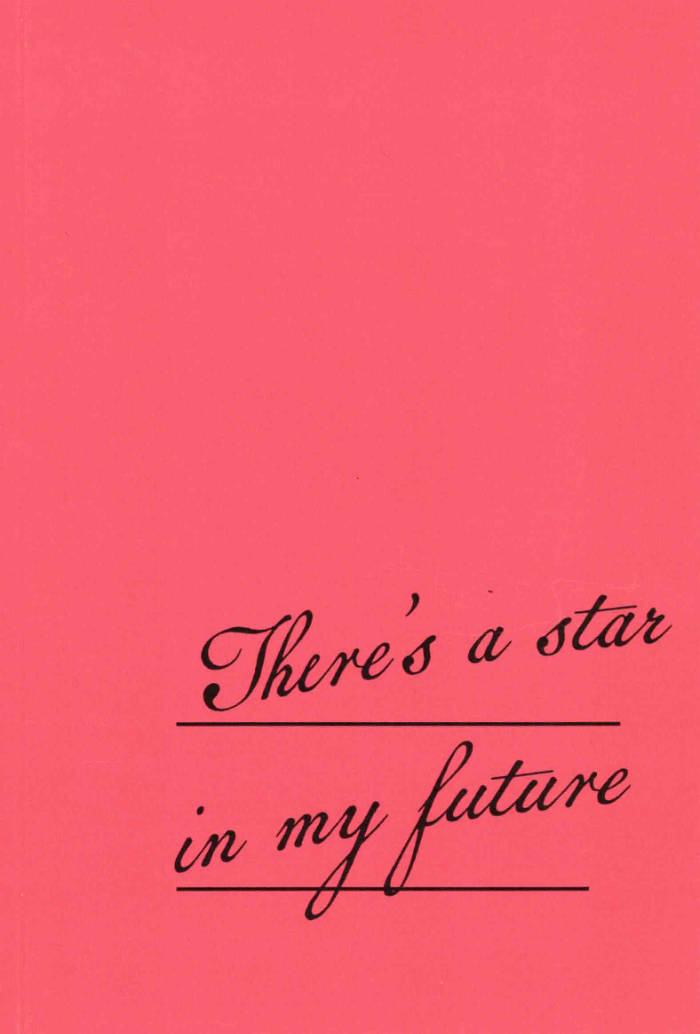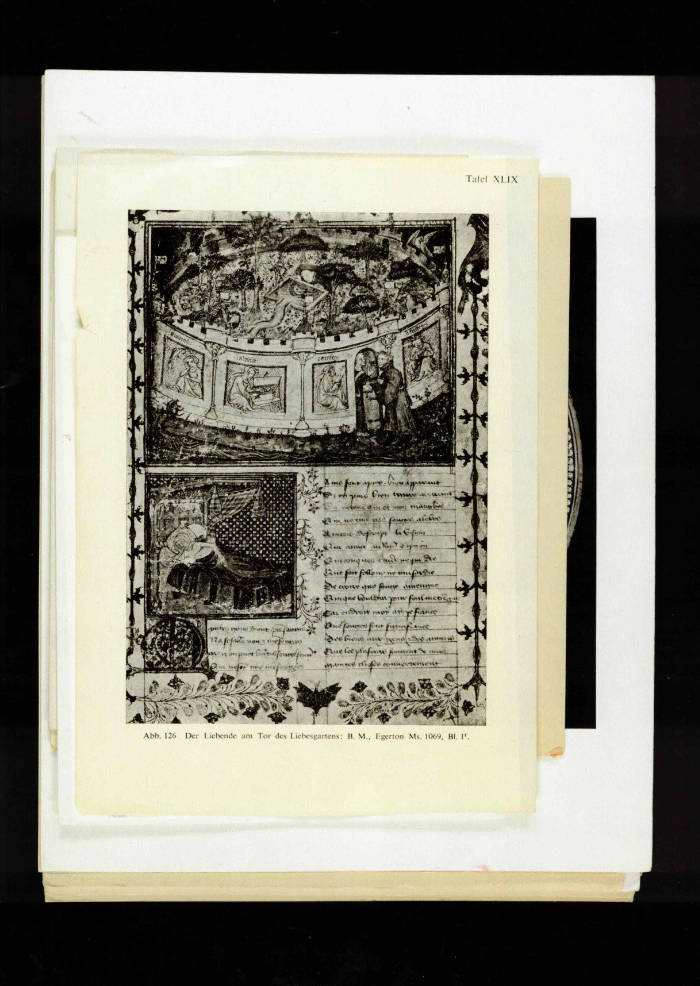
Why Do Hoodie Strings Taste So Good?
This text is an attempt to explain the importance of comfort regulation, through sensory stimulation. Whether that be from fidgeting, through masturbation to cuddling and other activities. This thesis is about self-regulation and the objects which visualise that need. From the Freudian psychoanalysis idea of child development through transitional objects introduced by Donald Winnicot to Dakimakura phenomena in otaku culture in a Japanese society that seeks closeness to cute pastelle vibrators which are overflowing the sex toys market. The attempt to answer this question: “Why do hoodie strings taste so good?” seeks to answer the overarching need for constant adjustment to the environment we live in.
I’m intrigued by the need for biting, sucking, and tapping random objects. The fidgeting era is here! We are overwhelmed by all kinds of spinners, popping toys, anti-stress devices, dopamine booster, etc. What is it all about and why have fidget spinners became such a hype in the recent years? Have you ever considered why your hoodie strings taste so good? Have you caught yourself while compulsively sucking them in the metro or at the bus stop? This thesis will endeavour to answer these questions. The answer might be much easier and more pragmatic than we think. In contradiction to my deep analysis in the following sections, one of the reddit users wrote in response to the above question: Why do hoodie strings taste so good?
“Just don’t do it! After sucking them a few times, they become bacteria factories/colonies, so taste (and probably smell) evolves over time. Don’t suck and chew them!! They do, however, work as good, reachable things to practise finger dexterity – to tie knots into and practice rope binding”







